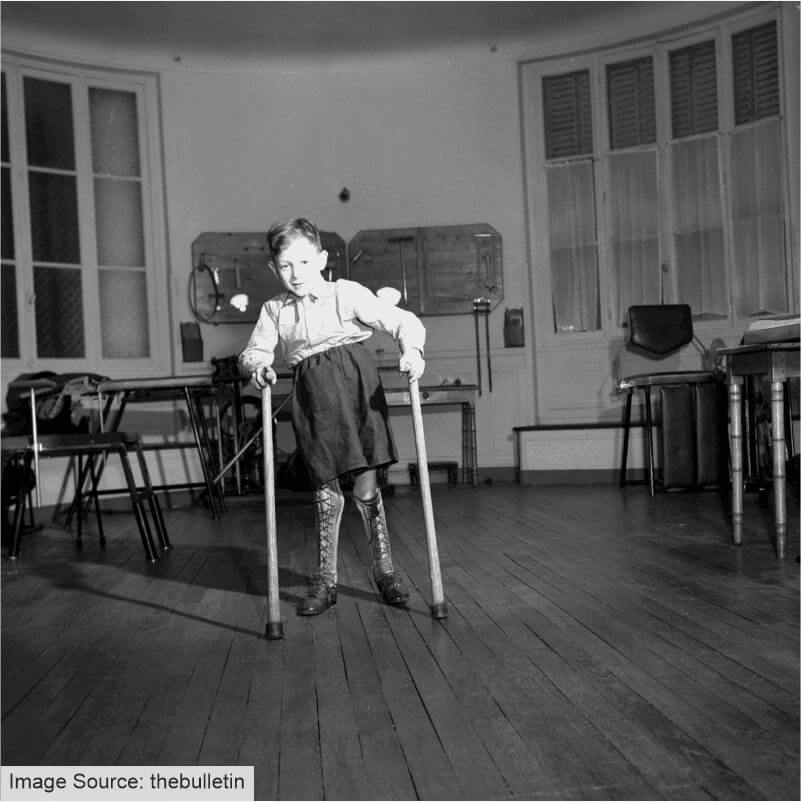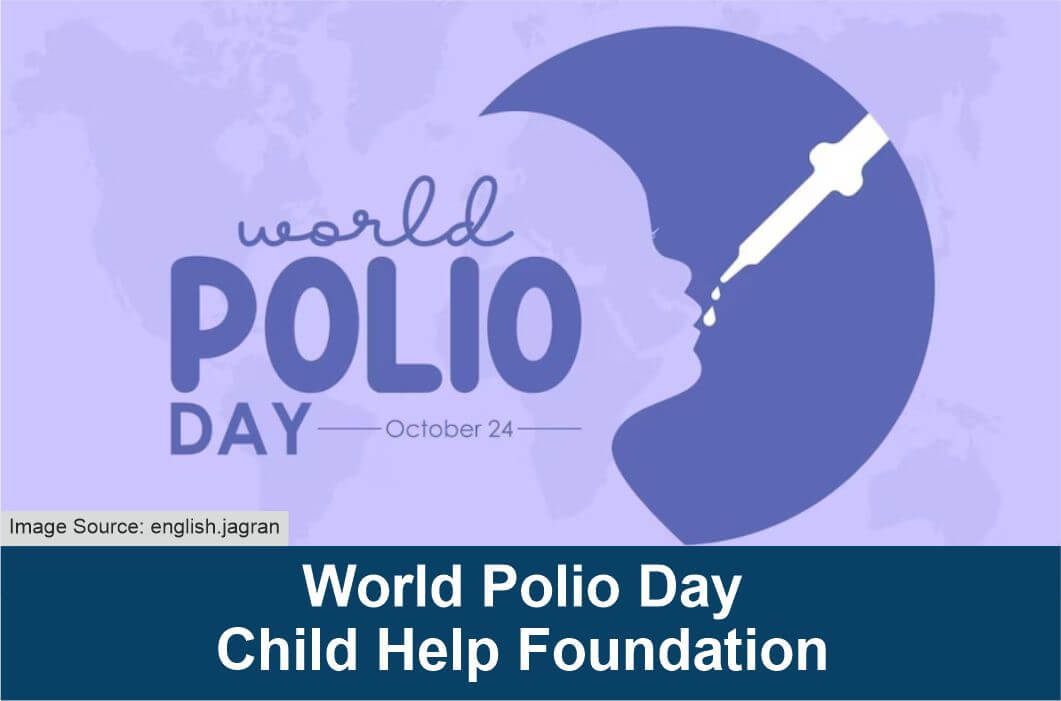Poliomyelitis, commonly known as polio, is a highly contagious viral disease that primarily affects young children and can lead to paralysis or even death. World Polio Day, observed annually on 24th October, was established by Rotary International to commemorate the birth of Jonas Salk, the creator of the first successful polio vaccine. The day aims to raise awareness about the global effort to eradicate polio and to celebrate the progress made so far in fighting this devastating disease.
India, once considered the epicentre of polio, has made remarkable strides in eradicating the disease. The journey to becoming polio-free was long and challenging, but today, the country stands as a global success story in the fight against polio. In 2014, India was officially declared polio-free by the World Health Organisation (WHO), after going three consecutive years without a single reported case of wild polio.
The Fight Against Polio in IndiaIndia's fight against polio began in earnest in the late 1980s when the Global Polio Eradication Initiative (GPEI) was launched. With over 200,000 children paralysed by polio each year, the challenge was immense. The introduction of the oral polio vaccine (OPV) under the Pulse Polio Immunisation Programme in 1995 was a game-changer. The government, in collaboration with organisations such as WHO, UNICEF, and Rotary International, mobilised resources, launched mass immunisation drives and conducted door-to-door campaigns to vaccinate every child under the age of five.
One of the biggest hurdles was reaching children in remote and inaccessible areas, as well as ensuring the participation of marginalised communities. Polio workers and volunteers travelled to the farthest corners of the country, sometimes under difficult conditions, to ensure that no child was left unvaccinated. These efforts were supported by a robust surveillance system, which helped track cases and monitor the effectiveness of the programme.

Current Condition of Polio in India
Since the last reported case of wild polio in 2011, India has maintained its polio-free status through rigorous immunisation and surveillance programmes. However, the threat of polio still looms due to the potential for importation of the virus from countries where polio remains endemic, such as Afghanistan and Pakistan. To mitigate this risk, India continues to hold National Immunisation Days (NIDs), during which millions of children are vaccinated to maintain immunity levels.
Additionally, India has shifted its focus to tackling vaccine-derived poliovirus (VDPV), a rare but significant threat that can arise in areas with low immunisation coverage. The introduction of the inactivated polio vaccine (IPV) alongside the oral vaccine is part of the country’s strategy to address this issue.
ConclusionWorld Polio Day serves as a reminder of how far India has come in the fight against polio and the importance of continued vigilance to ensure the disease does not return. The story of India’s polio eradication is one of commitment, collaboration, and perseverance. While India remains polio-free, ongoing efforts to maintain high immunisation rates and surveillance are critical in keeping this victory intact and contributing to global eradication efforts.
